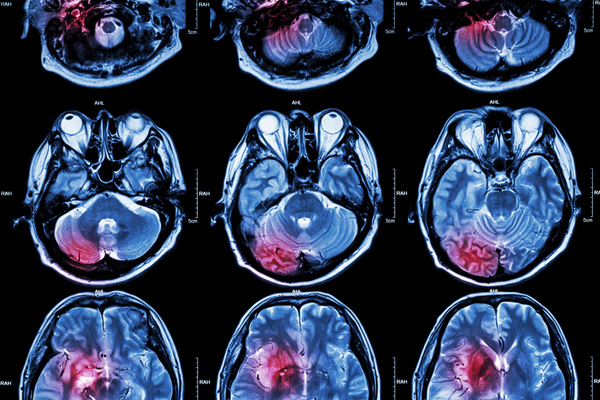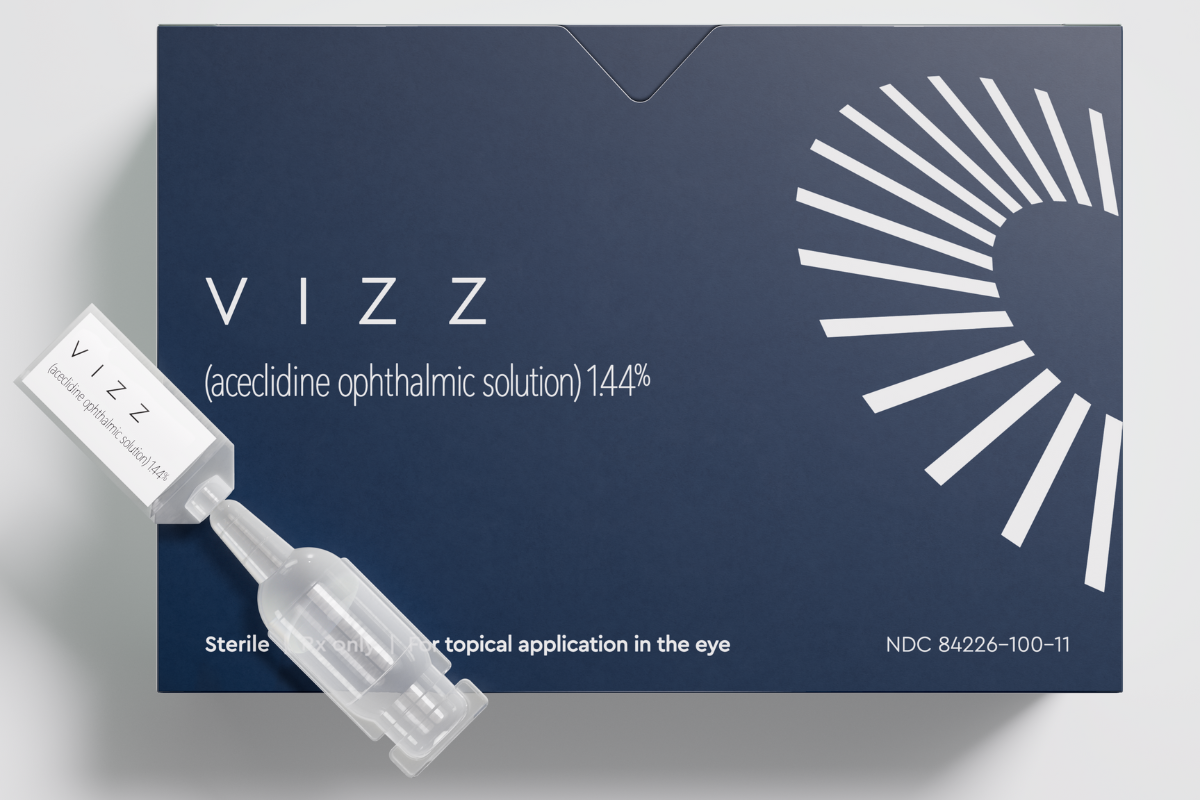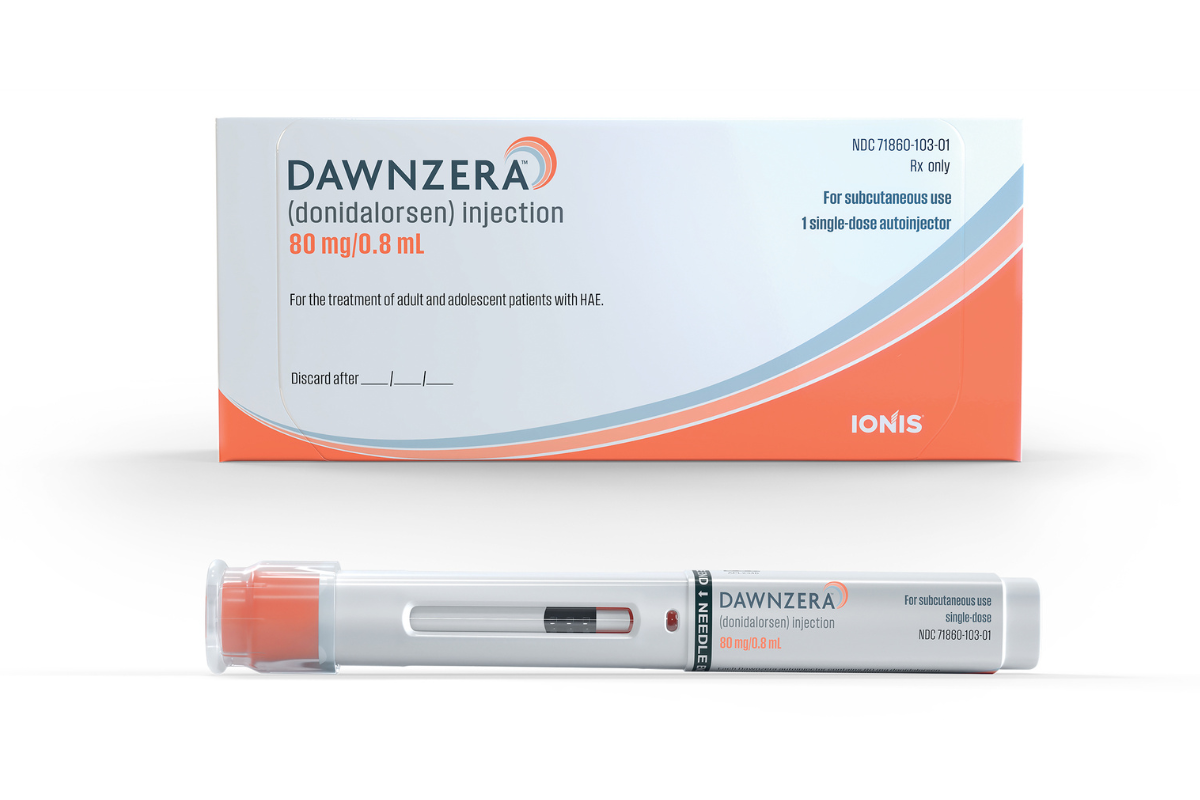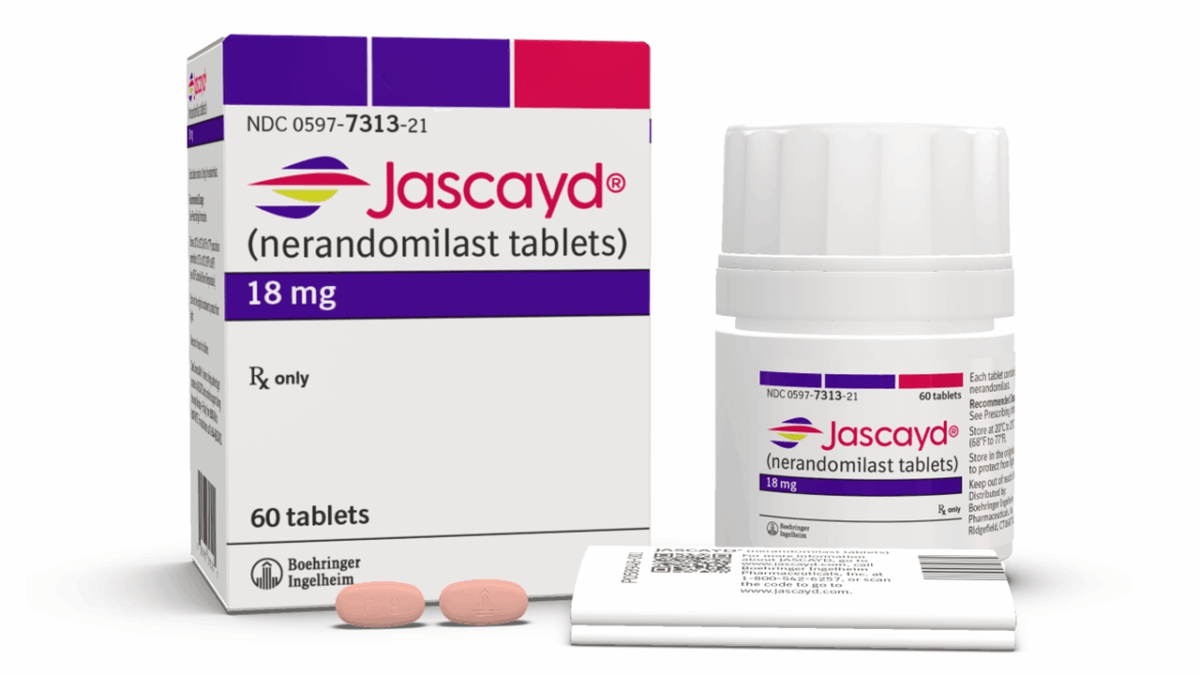A novel gene therapy drug developed by antibody company Vybion has been shown to block cellular gene dysregulation and delay cognitive and motor problems associated with Huntington’s disease. The details of the intrabody drug INT41, an antibody that binds to an intracellular protein, were published in the Journal of Neurodegenerative Diseases.
INT41 prevents toxic N-terminal huntingtin fragments from being transported into the nucleus of the cell and blocks them from binding with the DNA. The drug was tested in the well-validated R6/2 mouse model of Huntington’s disease.
“We believe that our therapeutic approach to the treatment of Huntington’s disease has provided a biological rationale linking Huntington’s disease progression and toxic N-terminal fragments,” said Dr. Lee Henderson, CEO of Vybion. “We look forward to completing our plans for human patient trials.”
The drug candidate is currently in late-stage preclinical development for the treatment of Huntington’s disease. Vybion’s proprietary technologies revolve around the discovery and development of intrabody drugs for multiple neurodegenerative diseases.
“The data also demonstrate that Vybion’s platform may have broader application in generating intrabody drug candidates to difficult-to-drug targets, including intracellular proteins in neurodegenerative disorders and other disease areas such as oncology,” said a statement released by Vybion. “Further, the platform may be used to validate new targets of interest, particularly in intracellular signal transduction pathways, prior to generation of new therapeutic candidates.”











Join or login to leave a comment
JOIN LOGIN